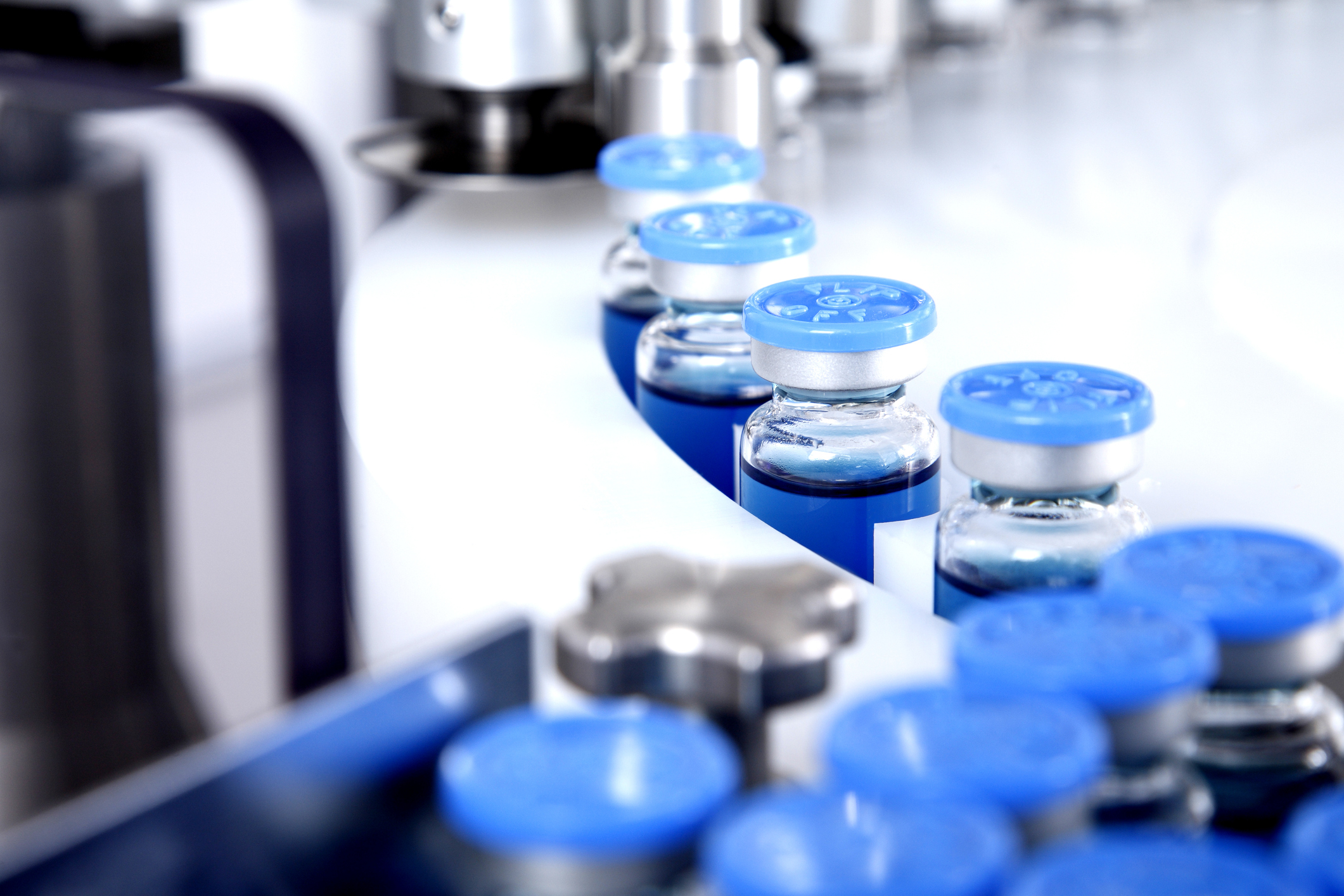
If you receive certain injections or infusions for a chronic condition such as an autoimmune disease or cancer, your physician may have mentioned a treatment option called “biosimilars.” These medications, which became available in 2015, are highly similar to the biologic drugs already approved by the FDA. Biosimilars were developed to increase treatment options, improve access to lifesaving medications, and lower healthcare costs. 
Summit Health has been utilizing biosimilars regularly with positive outcomes in conditions like diabetes, rheumatoid arthritis, ulcerative colitis, and certain types of cancers. Erin Maggie Jones, PharmD, MEd, CSP, Specialty Clinical Pharmacist at Summit Health, explains the similarities and differences between biologics and biosimilars, along with the advantages of using biosimilars for treatment.
“With so many disease states treated with biologics, it is likely many patients will come into contact with a biosimilar at some point in their treatment,” explains Dr. Jones. “The introduction of biosimilars to the market has improved access to treatment and decreased costs because of increased market competition.”
What are biologics?
Biologic medications are complex molecules made within natural, living cells of animals or plants using advanced technologies. The term “biologic” refers to the living cells that are utilized in the development of these medications. Due to the large size and complexity of biologic drug molecules, these products cannot be made into a pill and taken orally – instead, they are injected or infused directly into the body.
What are biosimilars?
Biosimilar medications are a type of biologic medication. They get their name because they are “highly similar” to a biologic medication already approved by the FDA, also known as a reference biologic.
Biosimilars are approved by the FDA and must show no clinically meaningful differences in effectiveness or safety compared to their reference biologic. This means that there would be no difference in patient outcomes between someone using the reference biologic and someone using the biosimilar.
Biosimilars are said to be “highly similar” to reference biologics. How are they different from reference biologics?
Biosimilar drug molecules are not identical to reference biologic drug molecules; however, they have the same mechanism of action within the body and produce the same treatment outcomes. Biosimilars are proven to be just as safe as their reference biologic.
Similarities: Biosimilar versus Reference Biologic
- Same safety
- Same treatment benefit
- Same side effects
- Same strength and dose
- Same route of administration
Differences: Biosimilar versus Reference Biologic
- Biosimilars cost less
- Biosimilars create competition in the health care market
- Biosimilars improve access to treatment
Overall, your treatment experience with a biosimilar should not be any different than your treatment with a reference biologic.
Are biosimilars approved by the FDA?
Biosimilars undergo the same meticulous and rigorous testing and evaluation by the FDA as reference biologics during the approval process. After approval, the FDA continues to monitor biosimilars to ensure quality, safety, and efficacy.
What types of diseases and conditions are biosimilars used for?
Biosimilars exist for a wide range of reference biologics that cover a variety of disease states, from common conditions like diabetes and psoriasis, to more rare and aggressive conditions like rheumatoid arthritis, ulcerative colitis, and cancer.
Injectable biosimilars may be dispensed by a retail or specialty pharmacy for in-office or self-injection. Infusible biosimilars are prepared by a pharmacist and administered by a nurse in an infusion center or in the home.
Are biosimilars safe?
The safety of biosimilars is of the utmost importance during their approval process. If the FDA were to find that a biosimilar is not safe, the biosimilar would not receive FDA approval. Biosimilars that are proven safe in clinical trials may have some common side effects, like injection-site reaction, headache, and dizziness. These side effects are no different than those of their reference biologic.
What are the differences in cost?
Biosimilars are less costly than reference biologics. This means that the amount billed to the insurance company will be less than for a reference biologic, which ultimately reduces the total cost of care.
The availability of biosimilars has made a significant impact on the reduction of health care spending for high-cost medications. This drives down the total cost of care for patients and helps reduce the increase in insurance premiums.
How are biosimilars used at Summit Health?
At Summit Health, there have been no differences in the treatment outcomes of our patients on biosimilars versus those on reference biologics. “Many patients at Summit Health, who started on a reference biologic years ago, transitioned to a biosimilar when they became available with great results. We also have many patients who started their treatment on a biosimilar and have never used a reference biologic,” states Dr. Jones.
Summit Health providers and pharmacists will work with your payer to determine the most clinically appropriate and cost-effective treatment for you. Our team is always available to discuss biosimilar treatments in the office, infusion center, or by phone. We stay up-to-date on biosimilar studies and new drug approvals so that our patients receive the highest standard of care.
